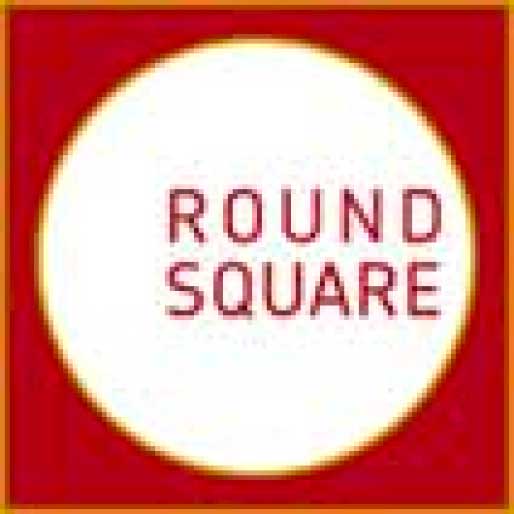
Round Square is an internationally diverse network of over 230 like-minded schools in 50 countries on six continents that connect and collaborate to offer world-class programmes and experiences, developing global competence, character and confidence in our students. The Round Square approach is built around six core themes – our IDEALS- and 12 supporting “Discoveries” that together provide a Framework to support schools in embedding Character Education within and beyond the curriculum. Round Square member schools collaborate on teaching and learning programmes, courses and initiatives, to connect students with their peers in other countries and bring the world to their classroom through the RS network.
Round square schools encourage students to take on challenges, go beyond their comfort zone and discover that there is more in each of us than we know. Indian School Al Ghubra has been a global member of Round Square since 1996.
Round Square ISG Chapter:
Governor : Mr. Ahmed Rayees
Head : Mrs. Papri Ghosh
Representative : Mrs. Noella Vaz
Website : www.roundsquare.org